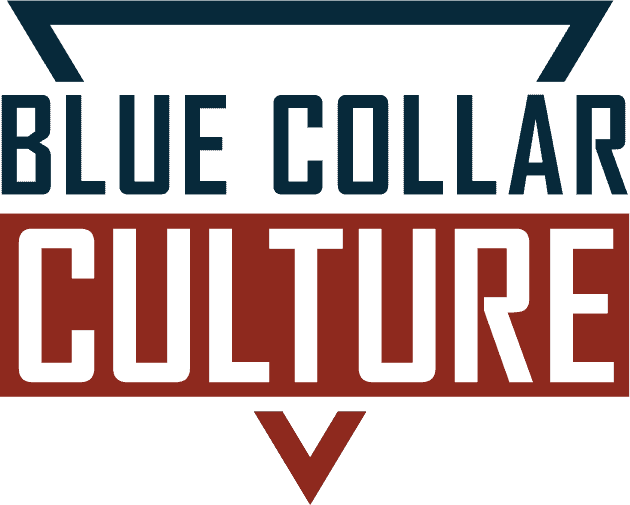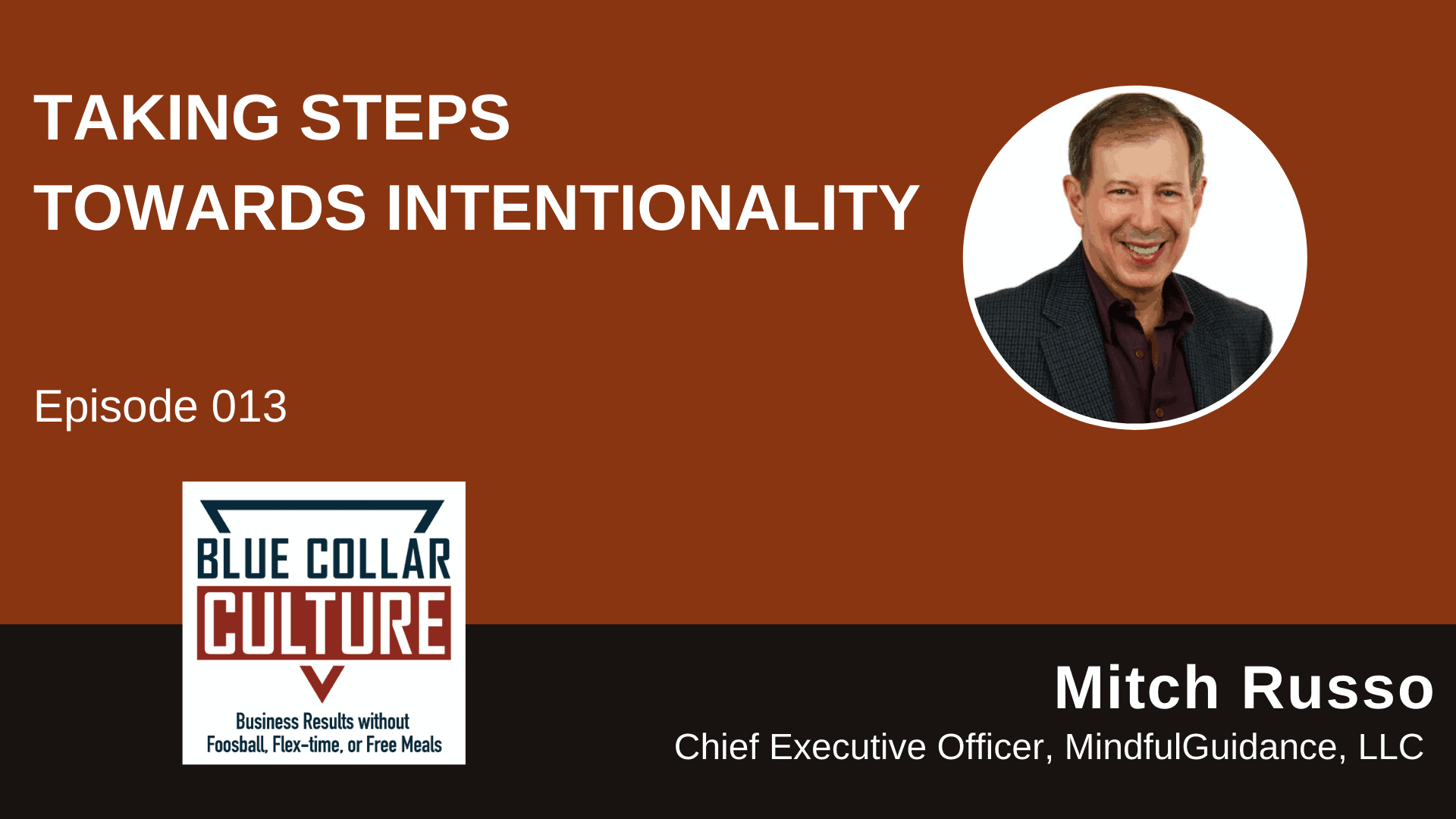In this episode of the Blue Collar Culture Podcast, we sit down with Mitch Russo. Mitch started a software company in his garage, sold it for eight figures, and then went on to work directly with Tony Robbins and Chet Holmes to build a $25 million dollar business together! Mitch is also an author and has been nominated twice as Entrepreneur of the Year.
“Ask questions, get help, be open to mentorship and coaching, go beyond what you think is right, be inquisitive, constantly be asking questions. There is no place for ego, but confidence is imperative,” says Mitch when asked about the advice he would give to business owners.
We’ll chat with Mitch about how setting intentions can help you succeed in business, different ways opportunities may arise, as well as…
- How to take steps towards intentionality
- Why you may need to pivot to find success
- The ways setting intentions can help you reach your goals
- How asking questions of those who have experience with your goals and aspirations can blaze your own path to success
Listen now…
Mentioned in this episode:
- Mitch’s Website
- Mitch’s Book
- Connect with Mitch on LinkedIn

